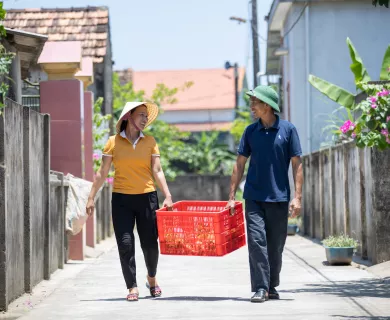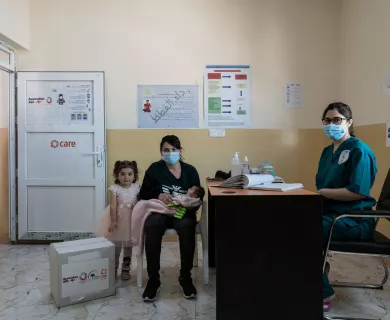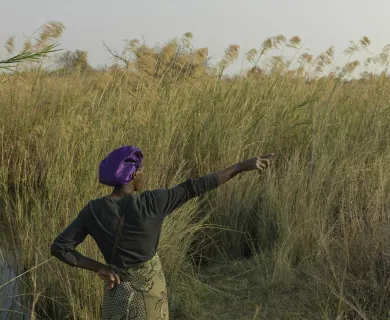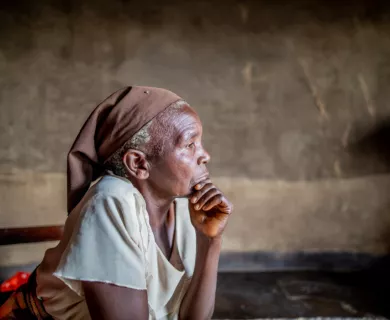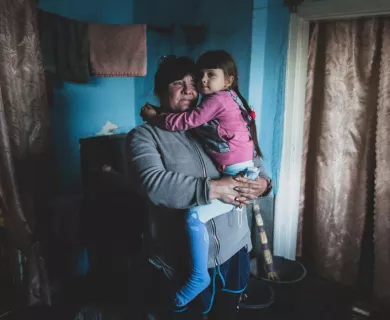Featured

CARE Burundi: Rapid Gender Analysis Report (Area Gatumba-Commune Mutumbuzi Province Bujumbura)
The Rapid Gender Analysis Report conducted by CARE in Gatumba, Burundi, in April 2024, highlights the profound impact of recent El Niño-induced floods on the local population, particularly on women and girls.



